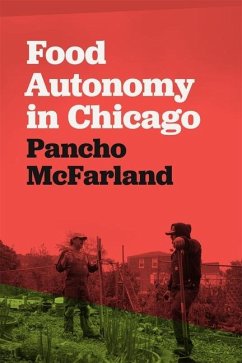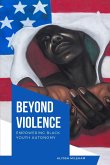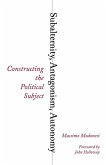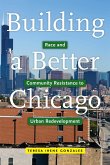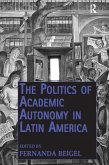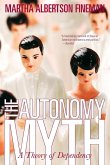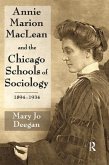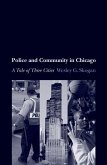"Using ethnographic methods, the author explores important themes in the food justice/autonomy movement in Black Chicago. This autoethnography uses the author's 15+ years in the movement as data informing readers of the myriad issues facing food activists. Dialogues and participation with key movement colleagues provide a deep, grounded look into one of the most important movements of our time. The author engages the insights of Indigenous thought, Black liberation and agrarian traditions, Anarchism, womanism, queer theory and Chicanx studies to understand what is happening in this movement, why and how. The study consists of essays, dialogues and brief interchapters that illuminate key themes. Besides figuring out how to grow food in the challenging conditions of the inner city, growers in Black Chicago deal with race, anti-Blackness, colonialism, teaching and learning Black/ Indigenous traditions, gender, sexism and sexuality, and spirituality"--
Bitte wählen Sie Ihr Anliegen aus.
Rechnungen
Retourenschein anfordern
Bestellstatus
Storno

